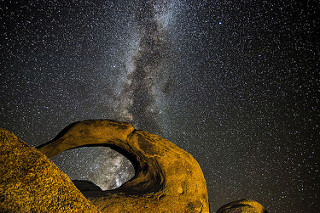So come, Christmas, most needed of seasons.
Come with the reminder that love does not depend on
Perfection but on willingness to risk connection.
Come into the unready manger of our hearts
That we may feel the warmth of new life
And give flesh to the promise of hope
That cries to bring healing into our world.
— from “Come Christmas” by Maureen Killoran
Today is the fifth day of Christmas. In the mythic storytelling that we do in both our services on Christmas Eve, we include the part about the magi travelling across the land, following a star. What’s glossed over in our pageantry is that it doesn’t happen the same night that Mary gives birth; they arrive twelve days later, giving us the twelve days of Christmas and the celebration of Epiphany in early January.
On this, the fifth day, the major players are in states of liminality, both in the stable and on the roads. Mary is still recovering from giving birth, and learning her new role as mother. Jesus is getting a crash course in what it means to be out of the womb, where there’s things like hunger, and cold. Joseph is figuring out his place in this family that has grown from two to three. The magi put their faith in their learning, risking days of travel entirely on the appearance of a star in the sky. They encounter Herod, and are wary enough of his abuse of institutional power and privilege to return home “by another road.” They are changed by this experience as much as the holy family in Bethlehem.
What, then, does this time of year offer us as Unitarian Universalists? I would offer up the twelve days of Christmas as a time for us to experience the stable and the roads. In the stable, we can contemplate ourselves, our roles in our families and communities, our fears and anxieties. On the roads, we can turn ourselves outward, to take stock of where our reason and values intersect with the work of justice. We can reach out to those for whom the holiday season is anything but joyous — be it for grief or injustice or any reason — and let them know that they are supported.
In faith,
Meghann
